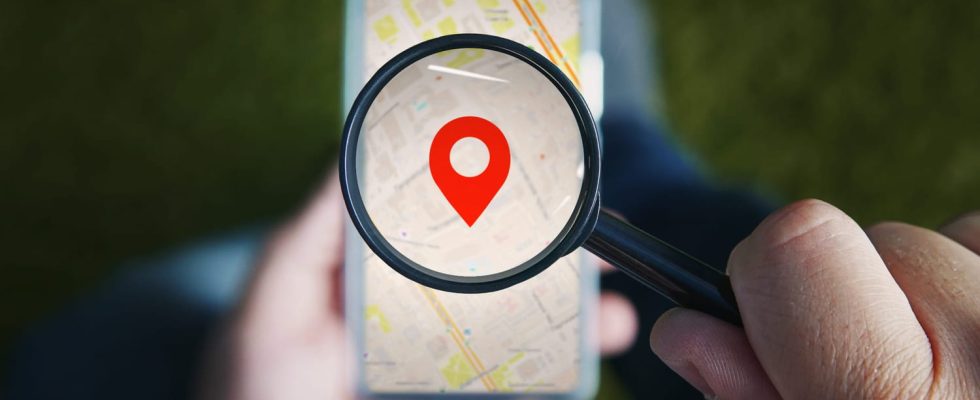Tragic news items and kidnappings are all events that shape the anxiety-provoking atmosphere in which we live. GPS trackers, connected watches, gadgets… Should we still track our children? The analysis of Rachida Raynaud, psychologist.
“Public space today is no longer considered as much as a place of freedom where children can feel safe. We no longer consider the outside as before“, explains Rachida Raynaud, psychologist. Hence the temptation for some parents to always keep an eye on their child using a GPS tracker on a smartphone, a connected watch or even a dedicated gadget. “These tools give a semblance of control over this distressing reality, they reinforce the parent’s need and feeling of security and protection.“, observes the psychologist. A practice that is certainly reassuring on paper, but which must be questioned. Because if society evolves, what does not change is the need for emancipation, freedom and confidence (which we grants them and that they must have in them) essential in the development of children.
Obtain the child’s consent, an essential prerequisite!
There are several scenarios: the child who is very anxious and who completely agrees to be geolocated, the one who is neutral regarding this question and finally, the children who do not know it and are being monitored without their knowledge. . When you decide to geolocate your child, it is essential to have their consent. The terms of this “surveillance” must absolutely be discussed with him. “We have to explain to him why we are doing it. If we agree on both sides, we can for example set certain limits and decide with the child when he should activate the system, for example if he gets lost or feels in danger“, recommends the psychologist. The latter, however, qualifies the possibility of such functioning. “The child needs to transgress, and it can be illusory to think that he will activate it when we want him to do so.“, she adds.
Geolocating your child: why is it a bad idea?
These apps are actually a bad idea. “Behind the security aspect for the child and the parent, this symbolically sends the following message to the child: you must always be under my gaze, you cannot feel safe outside, you do not have right to your space of freedom, I can’t trust you“, explains the psychologist. The question of whether or not to geolocate your child generally arises when entering middle school, when the child grows up, begins to have independent movements and therefore to make decisions for himself. Geolocating appears to be a good way to know where the child is and therefore to reassure yourself. “We have to find a happy medium between giving him access to this autonomy, and ensuring that he respects limits and knows how to protect himself.“, observes Rachida Raynaud.
A stifling practice for the child?
The feeling for the child can be stifling, he has no room for maneuver or freedom. How could he then gain confidence in himself? “If he finds himself in a dangerous situation, or gets lost, it is an application that gives him a solution, but will not put him in a position to find a solution himself.also specifies the specialist who does not recommend this type of practice. “The child has the feeling of being constantly under the gaze, surveillance, control of his parents“ analyzes the psychologist. “Geolocating your child is reassuring on the surface, but we do not give the child the ability to emancipate themselves, to fend for themselves, but also to respect the trust placed in them.”she adds.
Geolocating your child: in what cases can this be justified?
In certain cases, geolocation may possibly be justified. “For example, among young children (before CE2) who are obliged to travel alone from school to home. Children who are in a situation of autonomy very early even though they are not capable of being so, explains Rachida Raynaud. Sometimes, parents have no other choice, especially single-parent families, because they leave for work very early and have no childcare. In this case, geolocation can be reassuring for the child and the parents.
It also happens (even if it is rarer) that older children are applicants. But here again, the worry and anxiety implied by such a request on the part of a 12 or 13 year old teenager must be questioned. The psychologist insists on the importance of education and prevention. “We must not make the outside world a danger, but we must inform the child, make him understand that these dangers exist and above all explain to him how to identify risky situations, how to protect himself, raise the alarm and what attitude to adopt in the event of a problem. By being in this education, this prevention, we return the child to his own capacity for action. With access to freedom also comes awareness of the limits and potential dangers”she observes.
Thanks to Rachida Raynaud, Child-Adolescent-Parental Psychologist.
